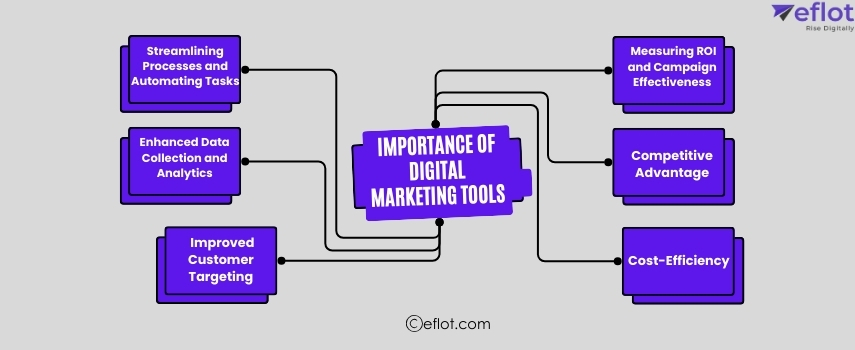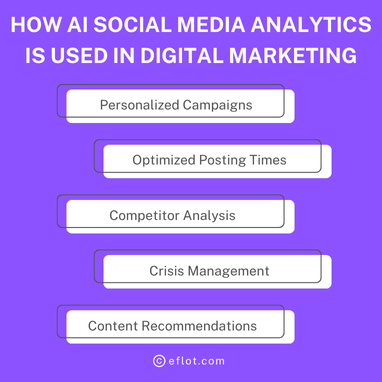Back
SHIV DIXIT
CHAIRMAN - BITEX IND... • 1y
📖 DAILY BOOK SUMMARIES 📖 🔗 DIRECT FREE E-BOOK DOWNLOAD LINK AVAILABLE — https://drive.google.com/file/d/1HAXIXGDEvD1D7FEDfAseQBSm4gmVtk3x/view?usp=drivesdk 🔥 Data-Driven Marketing: The 15 Metrics 🔥 🚀 20 Lessons 👉 ✨ Mark Jeffery ✨ 1. Data-Driven Approach • Emphasizes the use of data and analytics to make informed marketing decisions and measure effectiveness. 2. Marketing ROI (MROI) • Introduces Marketing ROI as a critical metric to evaluate the profitability of marketing investments. 3. The 15 Key Metrics • Defines 15 essential metrics, including MROI, customer lifetime value, and cost per lead, to track marketing performance. 4. The 70/20/10 Rule • Advises allocating 70% of the budget to proven strategies, 20% to improving them, and 10% to testing new ideas. 5. Customer Lifetime Value (CLV) • Highlights the importance of calculating the long-term value a customer brings to the business. 6. Segmentation and Targeting • Encourages segmenting audiences based on data to target marketing efforts more effectively. 7. Marketing Dashboards • Recommends creating dashboards to visualize data and monitor key metrics in real time. 8. Test and Learn • Stresses the importance of A/B testing and experimentation to optimize campaigns and strategies. 9. Integrated Marketing • Advocates for aligning online and offline marketing efforts to create a cohesive customer experience. 10. Cost Per Lead (CPL) • Defines CPL as a metric to measure the efficiency of lead generation campaigns. 11. Predictive Analytics • Uses historical data to predict future customer behavior and optimize marketing strategies. 12. Customer Retention Rate • Emphasizes tracking retention rates as a key metric for evaluating customer loyalty and satisfaction. 13. Marketing Funnel Metrics • Focuses on analyzing each stage of the marketing funnel to identify bottlenecks and areas for improvement. 14. Social Media Metrics • Highlights the role of social media engagement, reach, and conversion metrics in evaluating digital campaigns. 15. The Balanced Scorecard • Suggests using a balanced scorecard approach to align marketing goals with business objectives. 16. Attribution Models • Discusses methods to attribute credit for conversions to specific marketing channels or campaigns. 17. Cross-Channel Analytics • Encourages analyzing how different marketing channels work together to drive overall success. 18. Budget Optimization • Recommends using data to allocate marketing budgets more effectively for maximum impact. 19. Accountability in Marketing • Stresses the importance of accountability and transparency in marketing decisions using data-driven insights. 20. Culture of Analytics • Encourages fostering a company-wide culture of data-driven decision-making for sustained marketing success.

More like this
Recommendations from Medial
Sairaj Kadam
Student & Financial ... • 1y
🚀 Demystifying Marketing Part 8: Leveraging Data and Analytics Previously, we covered the significance of maintaining Consistency and Frequency in your marketing efforts. Today, we move on to our final key point: Leveraging Data and Analytics. 8.
See MoreMayank Kumar
Strategy & Product @... • 1y
How D2C brand use data to build deeper customer connections and skyrocket sales! Audience identification and segmentation enable tailored marketing, personalized experiences, and better customer retention. D2C brands like Glossier, Dollar Shave Club
See MorePrem Siddhapura
Unicorn is coming so... • 1y
Here are some characteristics and skills that define a marketing genius: 1. Deep Understanding of Consumer Behavior They have an innate ability to understand what motivates people to buy and how to connect emotionally with different target audience
See More
Only Buziness
Everything about Mar... • 7m
“Emotion Analytics in Marketing: How AI Decodes Customer Feelings for Smarter Campaigns” Emotion Analytics is the use of AI and data tools to track, interpret, and respond to human emotions in real time. Through facial recognition, voice tone analys
See MoreAayush Gupta
Hey I am on Medial • 1y
i was into media and productions industry doing creative campaigns and brand shoots for different jewellery and fashion & apparel brands. I am reasearching on delivering AI driven data analytics for brands to track the consumer data and insights base
See MoreDownload the medial app to read full posts, comements and news.
















/entrackr/media/post_attachments/wp-content/uploads/2021/08/Accel-1.jpg)



















